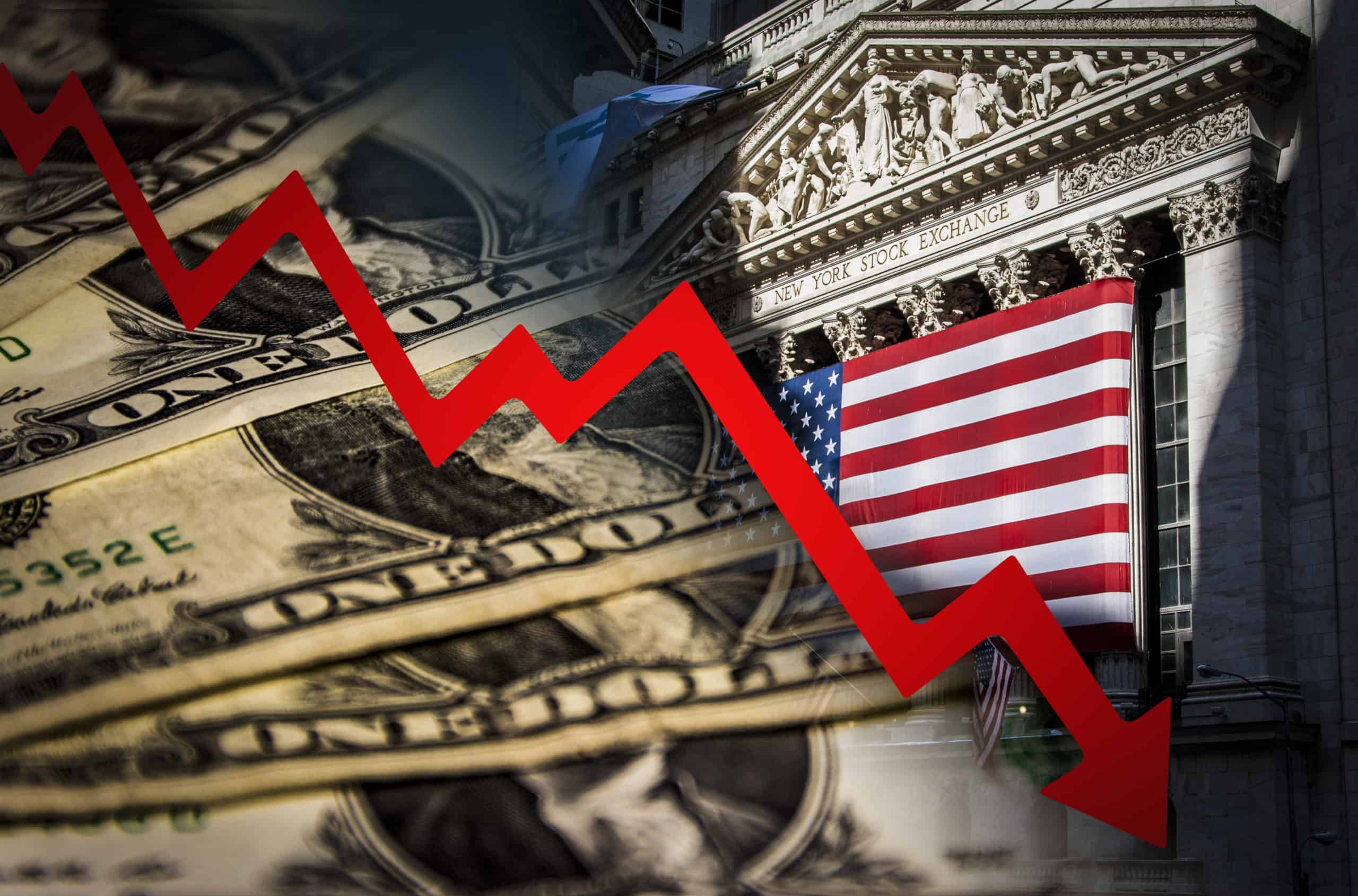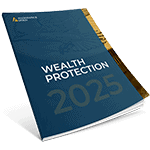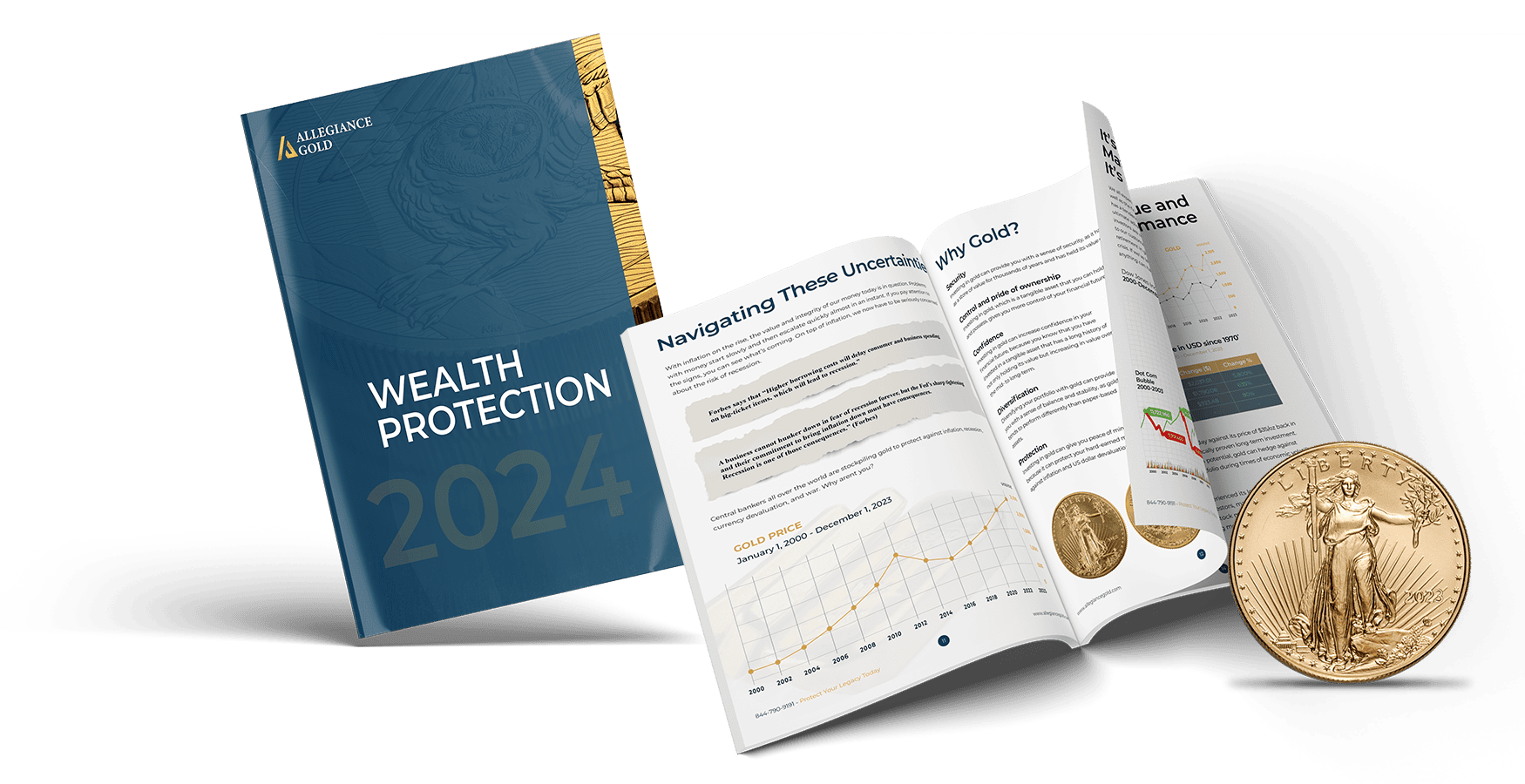After the 2008 market crash, The Dodd-Frank Act was put in place to allow for financial reform but in the event of another bank collapse, your money is once again in danger.
The US economy is spiraling downhill and we’re officially in a recession. The national debt has skyrocketed past $26 trillion, the Fed is printing money without abandon and a looming bank collapse is on the horizon. The question is how long will this last and how deeply will we be affected. As COVID cases continue to rise significantly and unemployment shows no signs of improvement, as much as we’d like to believe the worst of the crisis is behind us, the road to recovery will be a long and windy one.
The economic lockdowns that took place this year have put thousands of businesses at risk of closing. Many analysts expect anywhere from 25% to 40% of restaurants to close permanently. Moreover, the percentage of small businesses that will fold will likely also be in the double digits. Nearly half of all US households are considering selling their homes due to financial distress. And we’re just starting to see a wave of defaults that will make 2008 seem like a walk in the park.
Another Day, Another Crisis
While reopening started taking place, they proved to be disastrous and we were quickly shutting small businesses down again, yet again, finding themselves still in a holding pattern, and many consumers still have not returned to their old habits. Schools in many parts of the country will not be reopening for in-person classes, meaning parents will not be able to fully return to work and the economy will take a bigger hit than expected.
This is also facing the housing market around the country. Mortgages that have moved from current to within 30 days past due have now jumped to 3.4% of all mortgages, this time far surpassing the previous high of 2% set in late 2008. Similarly, the number of mortgages 30 to 60 days past due has also jumped, to over 4.2% of mortgages. By September the US mortgage market is likely to look that much worse than anything we’ve seen in the past decade since.
Recession Bottomline
As a result, big banks in the US are taking steps to prepare for another recession. And based on their preparations, it seems certain they’re bracing themselves for a major crisis. After a series of defaults that took place in 2008 and 2009, things became so detrimental that Wachovia, one of the largest banks in the country, was taken over by Wells Fargo, which then inherited billions of dollars in loans, similarly to JP Morgan and Citigroup.
Banks such as Wells Fargo, JPMorgan, and Citigroup collectively have put aside nearly $29 billion to help protect themselves against the possibility of loan defaults.
Given the lessons learned from the economic collapse of 2008, banks are now setting aside this money to make sure that they can quickly recoup any losses in the future when revenue is declining. But what happens when that money runs out?
The Dodd-Frank Act
As a response to the 2008 crisis, under the Obama Administration, financial reform legislation named The Dodd-Frank Wall Street Reform and Consumer Protection Act was passed in 2010. While the act is meant to protect businesses that “stimulate the economy” or are “too big to fail,” thanks to the loopholes in the verbiage, if you happen to hold your money in a savings or checking account at a bank, and that bank collapses, it can legally freeze and confiscate your funds for purposes of maintaining its solvency. This is known as a “bail-in.” Meaning that instead of relying on government funds (taxpayer money) to save itself from going bankrupt, a bank can simply dip into your deposit accounts to stabilize itself. In other words, bail-ins will not add to the government’s deficit. It will simply allow banks and financial institutions at risk of failing to take some of your deposits to bail themselves out. A perfect scenario, where neither the government nor the too big to fail institutions bear any risk. It all falls on YOU “the depositor.” Is this ethical? No. Legal? Yes.
Sure, you’re thinking the FDIC will come to the rescue, however, your deposits are protected up to the maximum insurance limit of $250,000, so this promise is predicated on the FDIC having enough funds to cover each and every account holder’s deposit claims. Keep in mind that the FDIC’s total assets, which are in the billions, are dwarfed by the value of outstanding derivatives, which are in the trillions.
Take JP Morgan and Bank of America as examples, as both have deposits totaling well over $1 trillion with outstanding derivatives whose total values exceed the entire global GDP. If they become insolvent and a disaster strikes, it would trigger orderly liquidation authority – essentially a bail-in. In a nutshell, this means that the money you store in a bank becomes unsecured debt with you becoming the unsecured creditor who must share the burden of these bank losses, among various other scenarios resulting in the same outcome.
How You Can Secure Your Assets
If you’re retired, living off a pension, and hold most of your funds in a checking or savings account, then you may find yourself in a particularly vulnerable position should your bank find itself in financial doom. You may have some investments including real estate, equities, and debt securities, that banks may or may not be able to touch, however, there is one asset class that banks simply can’t touch: privately stored physical gold and silver. Not only are these precious metals safe havens against economic turmoil and inflation, if privately stored, they are also not subject to confiscation and conversion, which allows you to protect yourself and your assets. These assets also tend to see a surge in an economic downfall. Gold and silver have been on a 9-week consecutive incline streak, soaring to record highs. Gold increased its value by 30%, breaking the $2000 benchmark, and silver more than doubled its value to top $29, up from under $12 five months ago. If the economy continues to derail as it has been in the last few months, which it’s poised to, you’ll be glad you took this step to prepare and safeguard your future.



 Gold Products
Gold Products Silver Products
Silver Products Platinum
Platinum